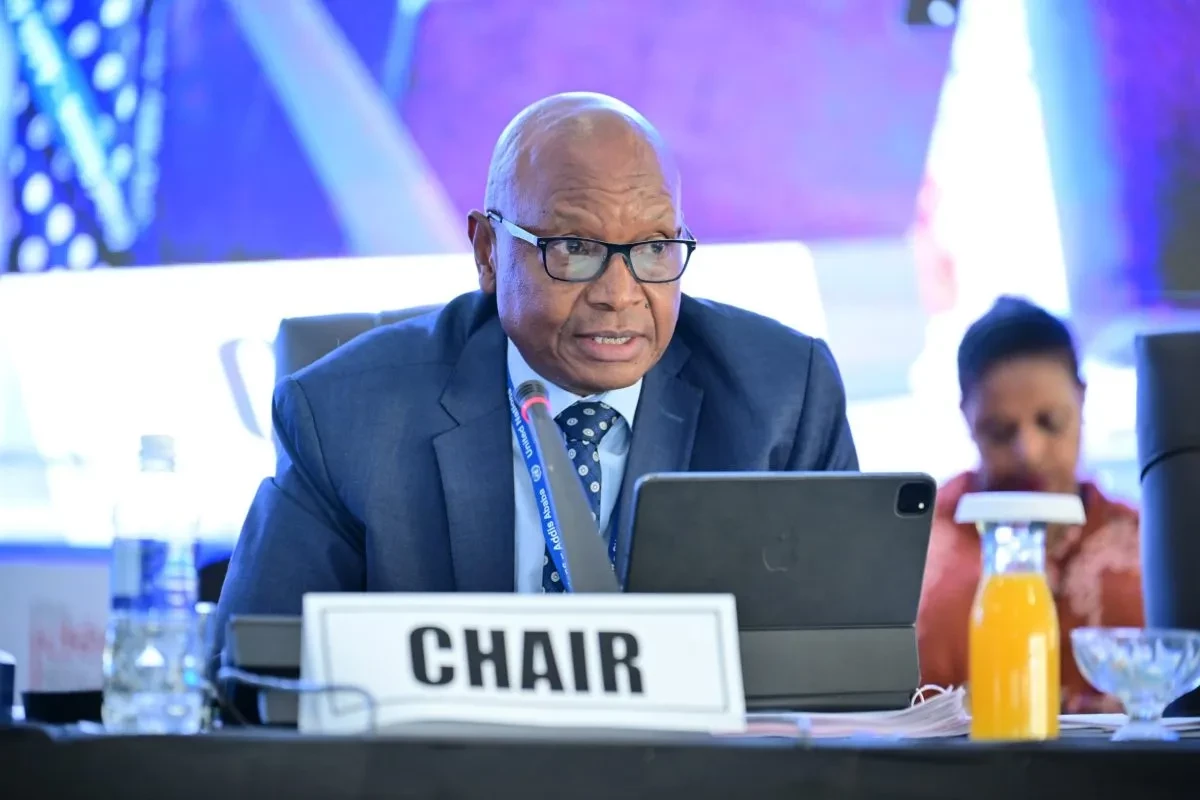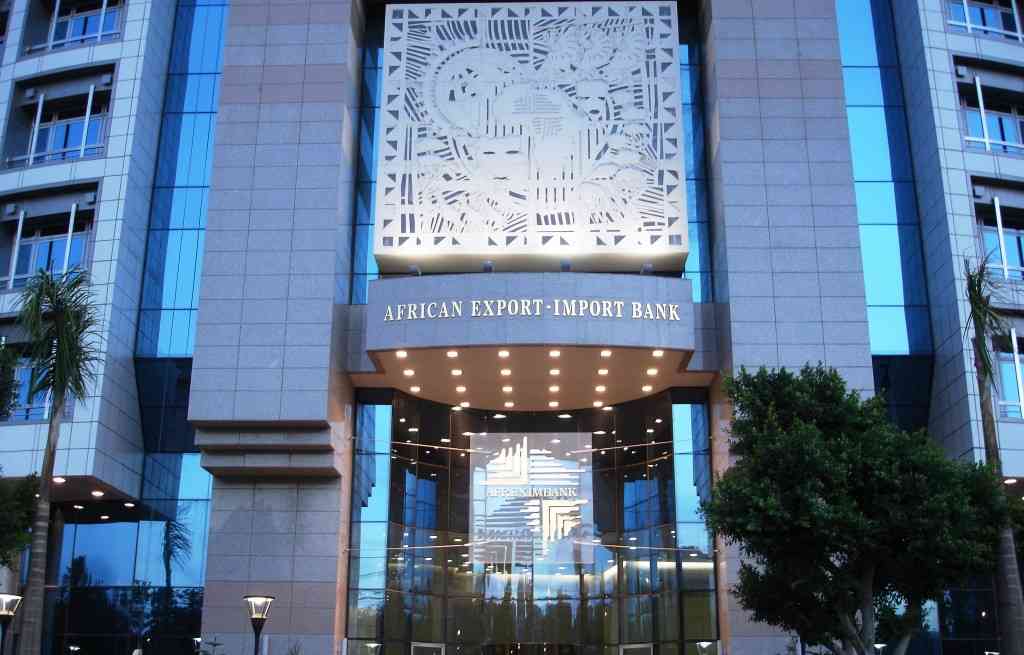
THE government is taking a cautious approach to Time Bank’s US$38 billion syndicated loan proposal, with officials from the Ministry of Finance, Economic Development and Investment Promotion calling for further technical assessment and scrutiny.
The bank made an ambitious proposal of arranging syndicated loans of US$38 billion to the government as part of a strategy to compensate various groups, including white former farm owners and financing Zimbabwe’s sovereign debt resolution.
A syndicated loan is a large loan provided to a borrower by a group of lenders (called a syndicate). Such loans are usually used for big transactions or projects such as government infrastructure, debt restructuring, or corporate acquisitions that are too large or risky for one lender to deal with.
Andrew Bvumbe, head of the public debt management office in the ministry, told businessdigest that the deal needed to be technically assessed.
“I think we need to technically assess what they are putting on the table and get the details because I cannot comment on that for now, but it needs a technical assessment. We have advisors, who can look at it and see if it’s making sense,” Bvumbe said.
“I do not have the technical details of this. I have seen it, and I hope they come to see us with the proposal, but what I am saying is that we need a deeper technical assessment of the proposal within the context of what we are doing within the structures.”
He said there was not a position yet in government over the issue.
“It is not something that has been agreed on,” Bvumbe added.
- Reopen but don’t take deposits, RBZ tells Time Bank
- Time Bank ushers in new business model
- Time Bank finally reopens
- Time Bank plans US$35bn syndicate loans to govt
Keep Reading
Finance, Economic Development and Investment Promotion minister Mthuli Ncube could neither confirm nor deny whether the government was considering the proposal.
“It is too specific a question from a specific institution,” he told the Independent.
“We do not want to have those conversations in public, I can assure you. But we are happy to consider proposals out there from anybody who wishes to support the government in a sustainable way. I cannot be specific about a specific proposal.”
Among the targeted groups are pensioners, who lost up to US$1 billion in savings when Zimbabwe switched to the multi-currency system in 2009.
This was after a hyperinflating Zimbabwe ditched the local unit, which had been battered by 500 billion percent inflation in 2008.
The Time Bank offer also targeted about 4 500 white former commercial farmers displaced from their estates during violent farm invasions from 2000.
The government has agreed on a US$3,5 billion deal to compensate them for improvements made on the acquired farms. But four years later, terms of the deal have not been met.










